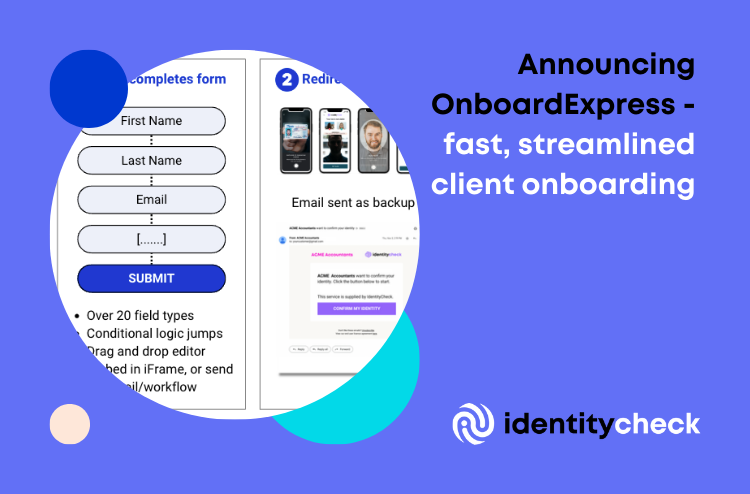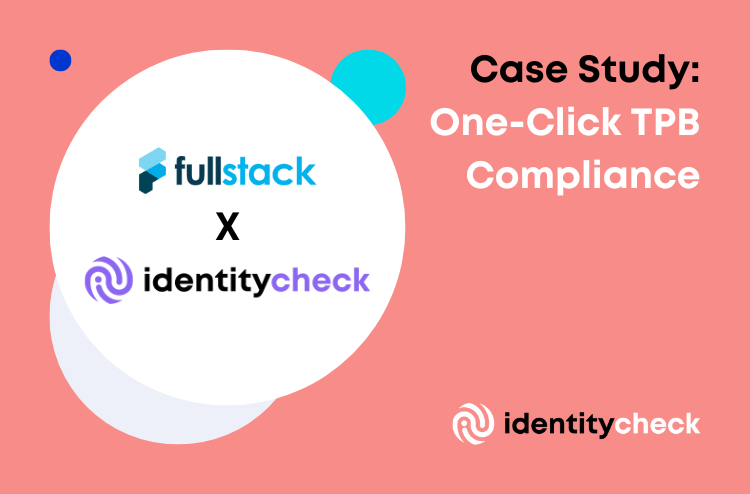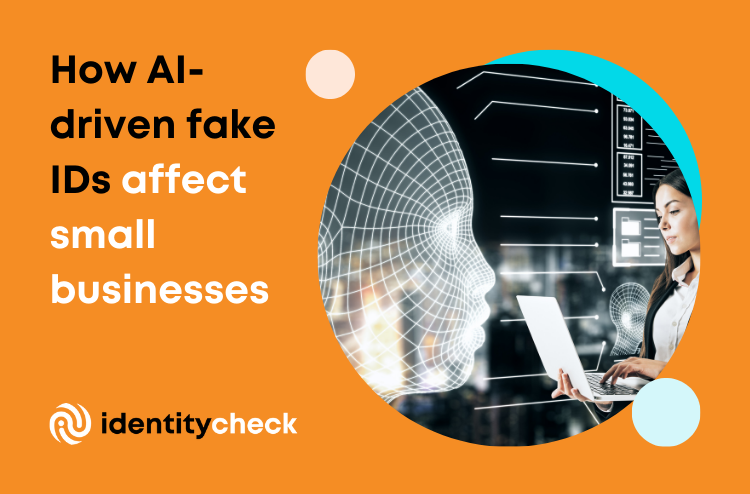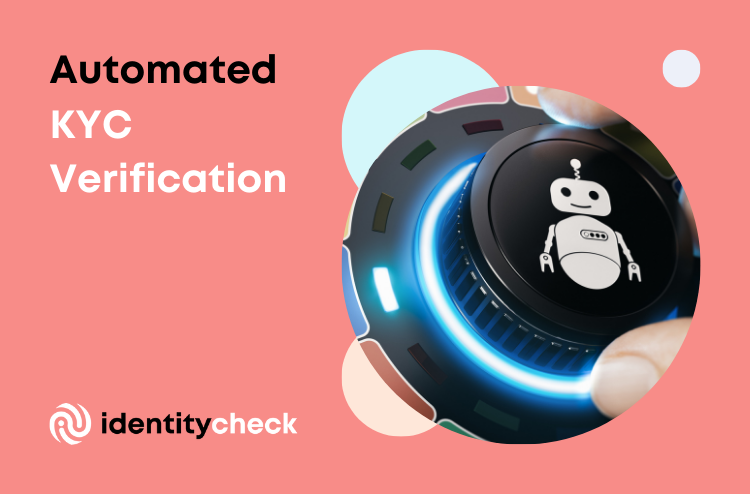In an age where digital transformation accelerates at an unprecedented pace, the sanctity of personal data privacy has never been more critical. Connecticut’s recent legislative advancements in data privacy underscore a growing global trend towards tightening regulations to safeguard consumer information. The Connecticut Data Privacy Act (CDPA) represents a significant milestone in this journey, reflecting a broader movement to enhance data protection in response to increasing data breaches, particularly in sensitive sectors like finance and healthcare.
Global Trend Towards Stricter Data Privacy Laws
The enactment of the CDPA is part of a global trend towards strengthening data privacy laws. This movement is largely driven by the escalating number of data breaches and the heightened risk of data fraud. As digital platforms become integral to our daily lives, the potential for misuse of personal information has surged, prompting lawmakers worldwide to take action. Connecticut joins this global effort, aiming to provide its residents with robust data privacy protections, as detailed in the official announcement of the CDPA.
Implications for Small to Medium Businesses
The CDPA holds profound implications for small to medium-sized enterprises (SMEs), especially those in the finance and healthcare sectors, which traditionally handle a significant amount of sensitive personal information. Under the new law, businesses that collect identity documents must implement stringent cybersecurity and company processes to protect their customers’ data. This requirement presents a challenge for many SMEs, which may lack the resources to develop and maintain such comprehensive data protection measures internally.
A Simpler Solution: External ID Checking Services
One practical solution for businesses striving to comply with the CDPA, while also minimizing the risk of data fraud, is to integrate external ID checking services with their existing internal tools. By doing so, businesses can avoid storing sensitive documents, such as passports and driver’s licenses, on their systems. Instead, they can rely on specialized services that securely verify customer identities, ensuring compliance with data privacy laws and reducing the risk of fraud. This approach not only simplifies the verification process but also enhances the security of personal data.
Conclusion: A Call to Action for Connecticut Businesses
The introduction of the Connecticut Data Privacy Act marks a pivotal moment for businesses operating within the state. It serves as a clarion call for all organizations, particularly SMEs, to reevaluate their data privacy and identity verification practices. In an era where consumer trust is paramount, ensuring the protection of customer privacy is not just a regulatory requirement but a competitive advantage.
Businesses in Connecticut, and indeed globally, should consider leveraging external ID checking services as a means to comply with the CDPA. By doing so, they can safeguard their customers’ privacy, meet stringent compliance standards, and mitigate the risk of fraud. In the end, the goal is clear: to foster a safer, more trustworthy digital ecosystem for all.
For businesses looking to navigate these new regulations and enhance their data privacy measures, StackGo.io’s IdentityCheck offers a streamlined solution. By integrating our service, businesses can ensure robust identity verification processes that align with Connecticut’s legislative requirements and protect the privacy of their customers. Now is the time for businesses to act and adapt to the evolving landscape of data privacy.











